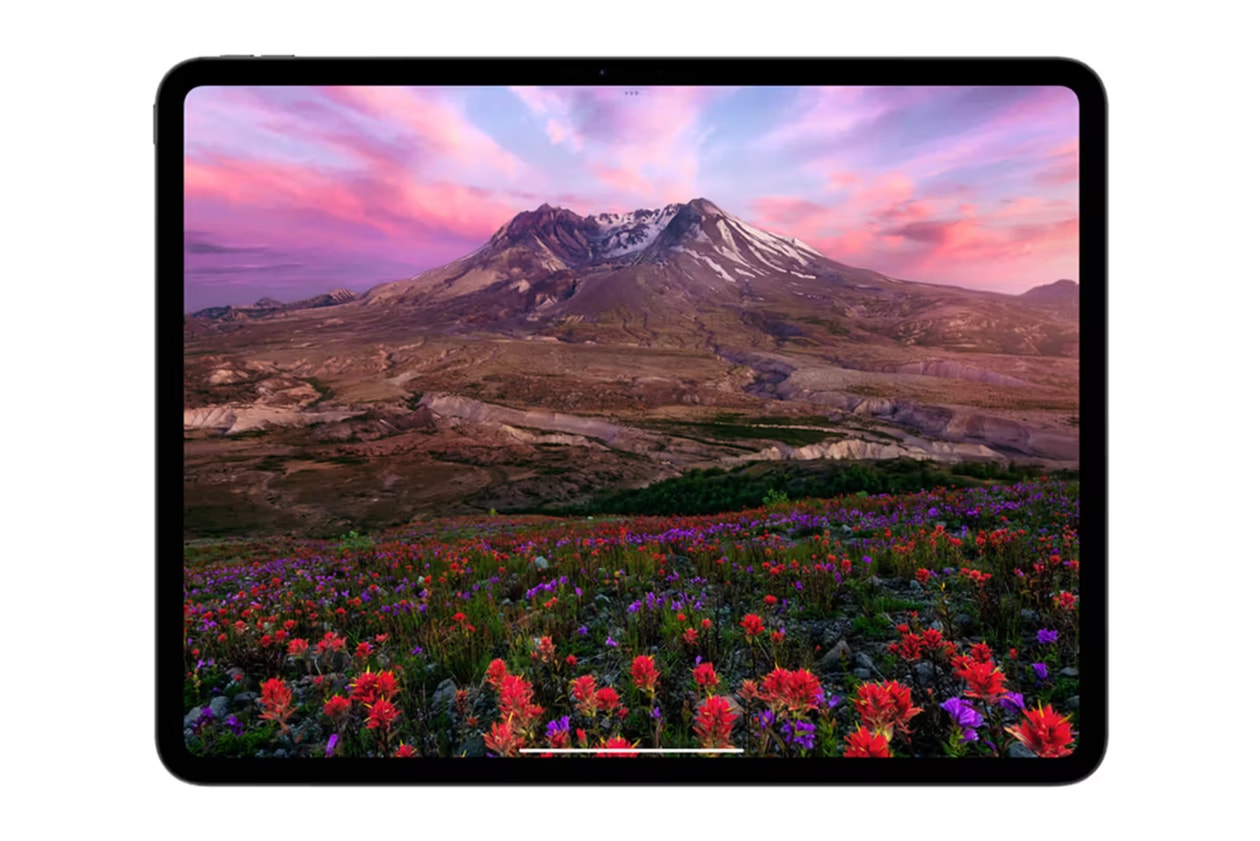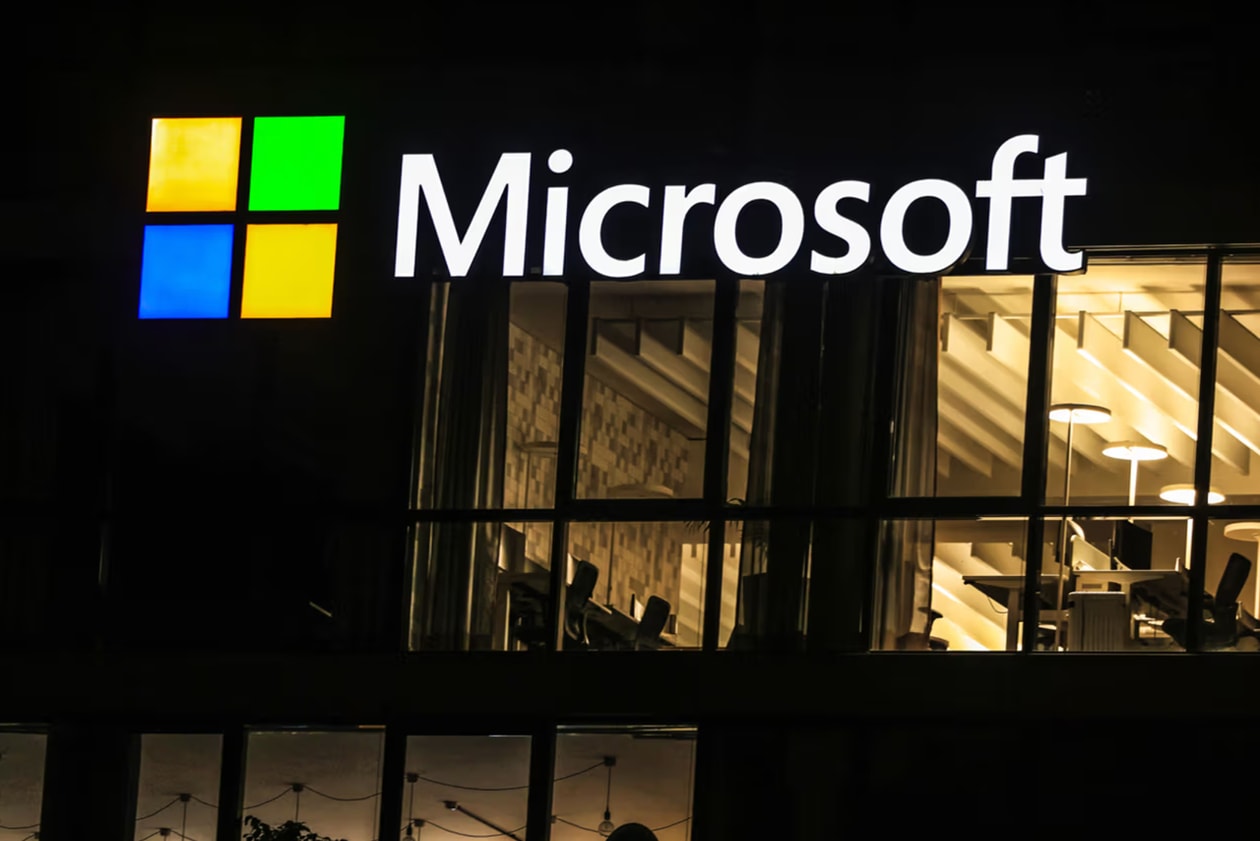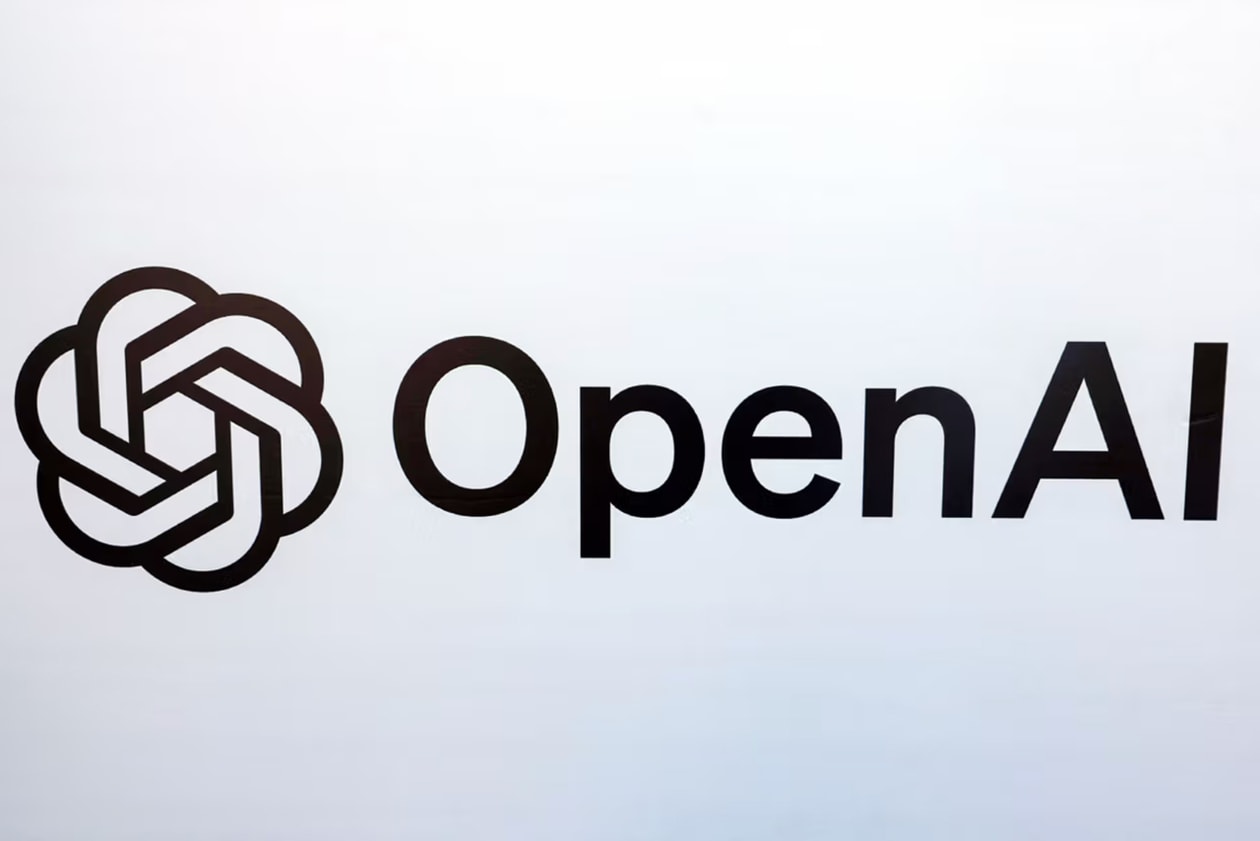Apple Announced an iPad Pro With the M4 Chip and TikTok Sued the US Government in This Week’s Tech Roundup

You are reading your free article for this month.
Members-only
This week, the tech industry tuned into a live stream from Apple, where the company announced a series of updates coming to its iPad lineup, including a new iPad Pro with the M4 chip. Elsewhere, an update in the TikTok ban saga saw ByteDance sue the US government, arguing that its recent ban-or-sell bill violates users’ First Amendment rights.
On the AI side, Microsoft is reportedly breaking ground on its own AI language model, while OpenAI is said to be hard at work on a search engine.
Below, Hypebeast has rounded up the top tech stories of the week so you can stay up to date on trends in the industry.
TikTok Sued the US Government
After the US government passed a bill that would force parent company ByteDance to sell its stake in TikTok or see it eventually banned in the country, the app has retaliated with a 67-page lawsuit. Filed on Tuesday, ByteDance argues that the ban violates the First Amendment, saying that its user base uses the app to share their viewpoints.
“For the first time in history, Congress has enacted a law that subjects a single, named speech platform to a permanent, nationwide ban, and bars every American from participating in a unique online community with more than one billion people worldwide,” the suit reads.
Elsewhere in the suit, ByteDance argues that the timeline for it to divest – within 270 days from the signage of the bill – simply isn’t possible.
Apple Announced an iPad Pro With the M4 Chip and New iPad Air Models
Apple held a live streamed event on Tuesday, announcing a range of innovations coming to the iPad lineup. A revamped model of the iPad Pro, the most expensive and advanced of Apple’s tablets, will now offer the M4 chip, lauded for its AI capabilities. Apple is also putting out new iPad Air models in both 11-inch and 13-inch sizes.
As for accessories, the Apple Pencil Pro builds on the technology of the original pencil, while the updated Magic Keyboard pairs with the new models to transform them into portable computers. The changes mark the first time Apple has updated its iPad lineup since 2022.
Microsoft Is Reportedly Building an AI Language Model to Rival Google and OpenAI
Despite its presence in other areas of the AI space, Microsoft never released its own chatbot – something it’s been able to circumvent via its partnership with OpenAI. The company is now reported to be working on its own AI language model, according to The Information.
The project is said to be spearheaded by new CEO of Microsoft AI, Mustafa Suleyman, who was previously the head of applied AI at DeepMind. It’s being referred to as MAI-1 and was described internally as “far larger” than previous Microsoft models, per The Information.
OpenAI, Meanwhile, Is Reportedly Building a Search Engine
OpenAI is angling to expand ChatGPT’s offerings with a built-in search engine, Bloomberg reported. When users ask the search engine a question, it’s described as churning out answers that include both written text and sometimes photos. The engine would reportedly rely on Bing for answers and would cite sources such as Wikipedia entries and blog posts.
“If a user asked ChatGPT how to change a doorknob, for instance, the results might include a diagram to illustrate the task, the person said,” per Bloomberg.
An engineer on X also pointed out that OpenAI had created the domain search.chatgpt.com.
Related
EU denies picking on US tech giants, says US also…
BRUSSELS (Reuters) - Europe's new tech rule aims to keep digital markets
H-1B Visa 2025: How and why US policy shift may…
Recent changes in US H-1B visa policies have sparked significant concern within the Indian IT professional community hoping to work in America. However, the a
Alibaba Group (BABA) Stock: Chinese Tech Giants Gain $439 Billion…
Chinese tech stocks have gained over 40% this year, adding $439 billion in valueChina’s “7 titans” are outperforming the US “Magnificent Seven” tech s
The Global Spread of Protectionist Policies That Squeeze American Tech…
An increasing number of countries in recent years have begun targeting America’s leading technology firms with policies touted as measures to promote fair com
















